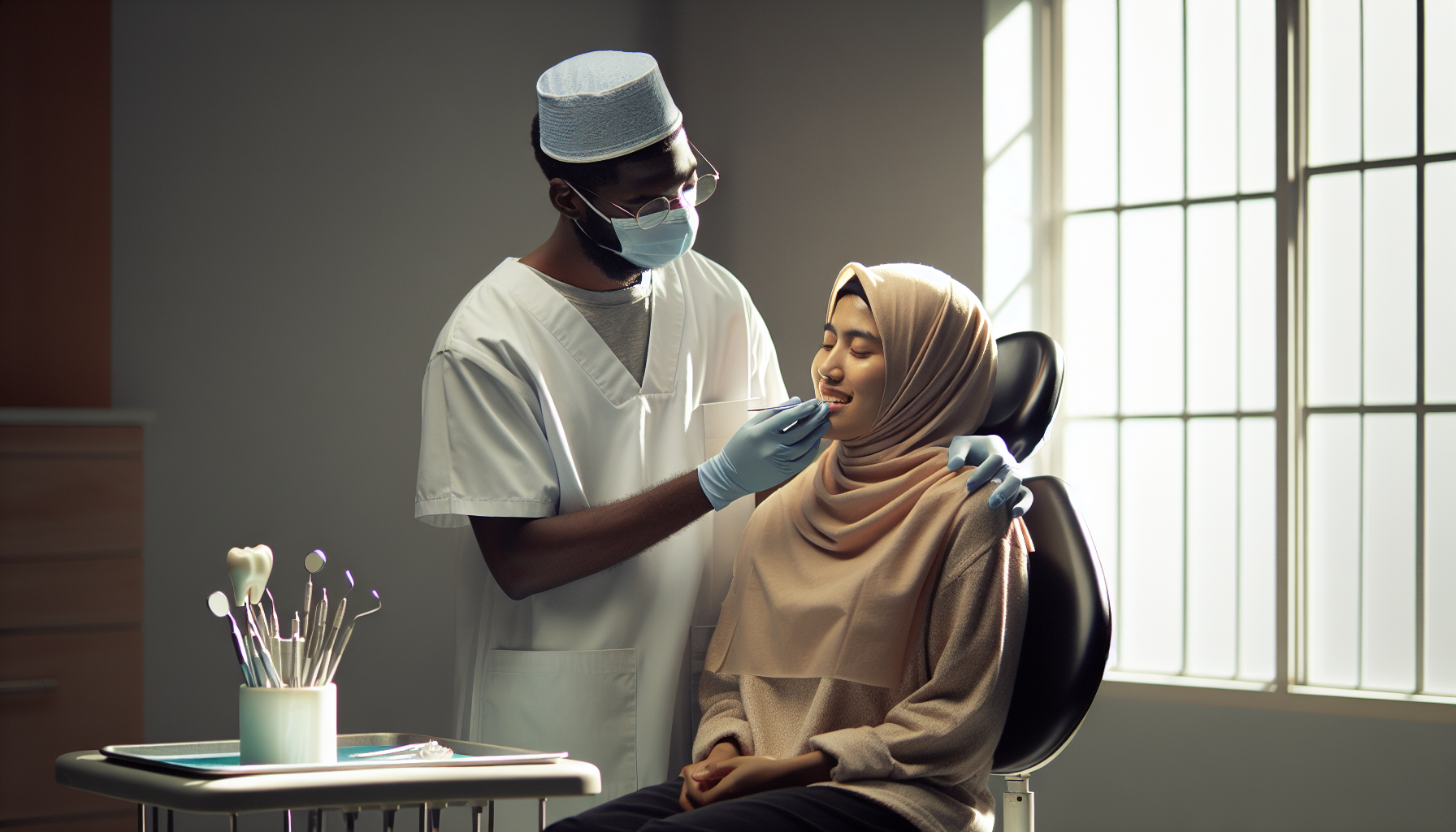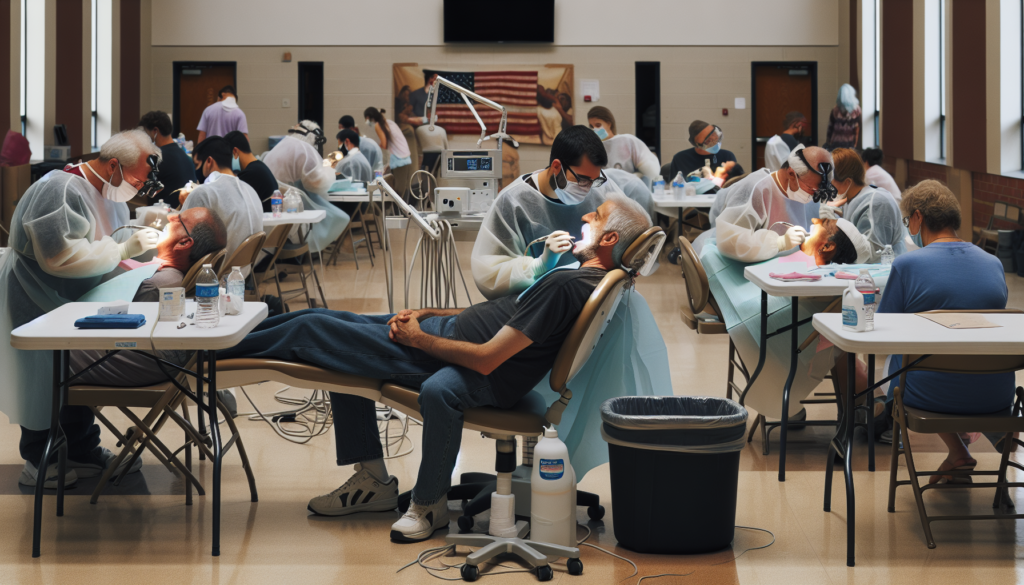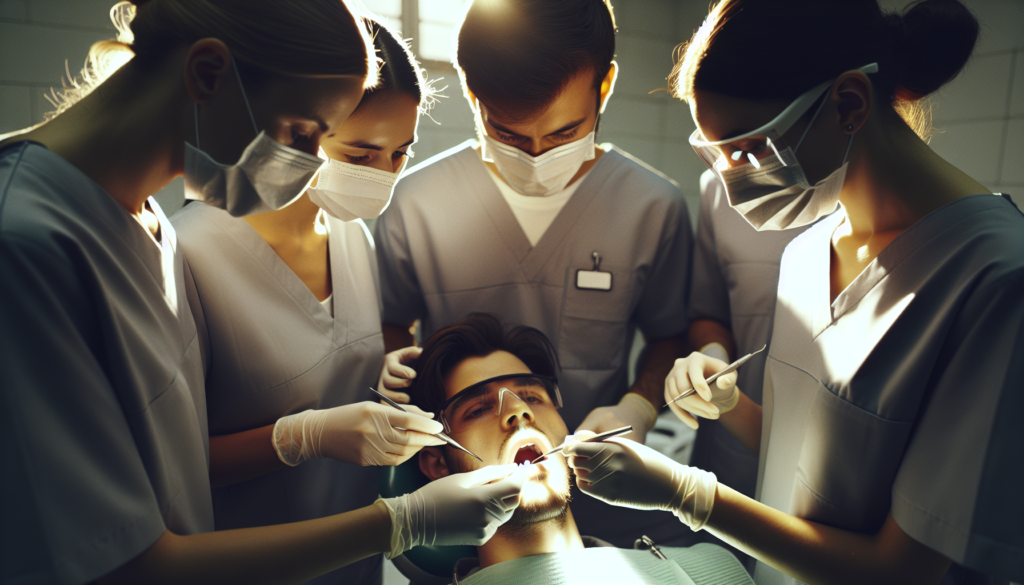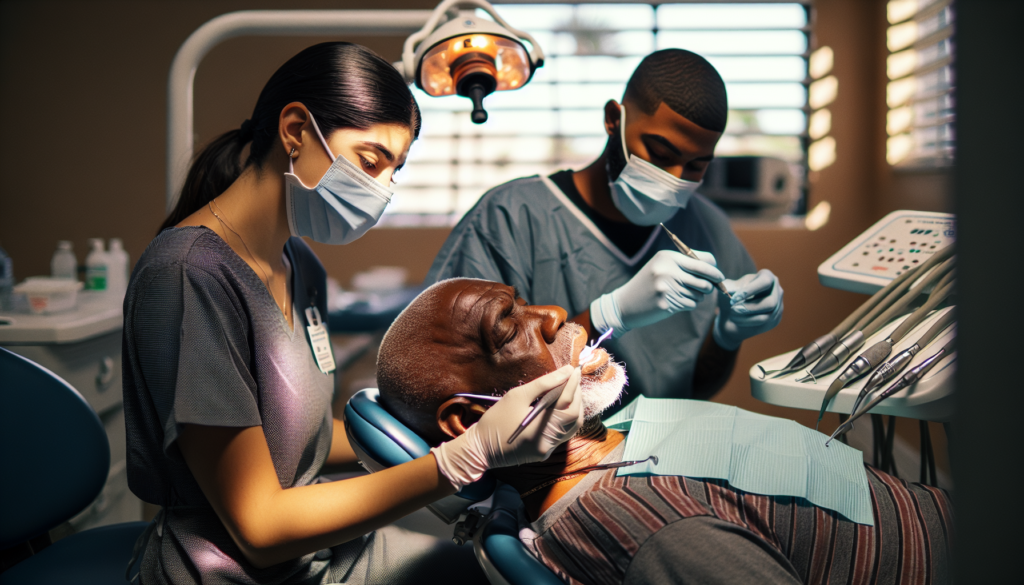Refugees Deserve Better Access to Essential Global Dental Care
The Overlooked Crisis of Refugee Oral Health
Across the world, millions of refugees face not just displacement and uncertainty, but a silent health crisis: lack of access to basic dental care. Oral health is often overshadowed by other urgent medical concerns, despite its undeniable link to overall well-being and quality of life.
According to the United Nations High Commissioner for Refugees (UNHCR), there are more than 110 million displaced individuals globally. Among them, a vast majority live in conditions where access to qualified dental professionals and essential oral hygiene resources is severely limited. As a result, preventable oral diseases go untreated for years, causing chronic pain, difficulty eating, and social stigma that impacts mental health.
“Oral health is a basic human right, not a luxury reserved for the privileged few.”— World Health Organization, Global Oral Health Report
Why Dental Care Is Essential for Refugees’ Overall Health
Oral health is intricately connected to systemic health. Untreated dental infections can worsen conditions like diabetes, heart disease, and malnutrition—issues already prevalent among displaced populations.
- Pain and infection: Decayed teeth and gum infections can cause severe pain and difficulty in eating, impeding nutrition and recovery.
- Overall health connection: Poor oral health can exacerbate chronic conditions, increasing the burden on healthcare systems.
- Mental and social well-being: Dental discomfort or visible oral disease can hinder refugees from engaging in community life, job opportunities, or education.
Addressing refugee oral health is not merely a cosmetic issue—it’s about restoring dignity and enabling normal daily functioning.
Barriers Refugees Face in Accessing Dental Care
Even when dental services exist, numerous barriers make care nearly inaccessible for displaced individuals. These include:
- Systemic barriers: Many host nations offer limited healthcare coverage that excludes dental care for refugees.
- Financial constraints: Dental treatment can be costly, often unaffordable for families struggling to rebuild their lives.
- Logistical challenges: Camps and settlements are frequently located in regions without proper dental clinics or equipment.
- Cultural and language obstacles: Lack of interpreters and culturally sensitive care can discourage individuals from seeking help.
For example, in one East African refugee camp, only a handful of dentists serve tens of thousands of refugees—meaning patients wait months for emergency extraction, often choosing to live with pain rather than travel long distances for uncertain treatment.
The Gap in Humanitarian Health Programs
Despite advancements in humanitarian healthcare, oral health care continues to lag behind other forms of medical attention. Many refugee health programs focus heavily on infectious diseases and nutrition, neglecting oral care as a vital element of long-term recovery.
Yet dental health issues have ripple effects: when refugees face untreated pain or infection, it limits their capacity to work, learn, and contribute to society. Integrating dental care into humanitarian health responses is essential for achieving true well-being and health equity.
“The absence of dental care in humanitarian response frameworks reflects a gap between medical ethics and global reality.”— Global Health Policy Review, 2024
Innovative Solutions and Global Initiatives
Thankfully, several innovative projects around the world are proving that improving refugee oral health is possible and sustainable. Mobile dental clinics are now operating in refugee settings across Jordan, Greece, and Uganda—bringing care directly to those in need.
- Mobile dental units: Portable clinics equipped with sterilizers and basic tools can deliver services in remote camps.
- Volunteer networks: International dental organizations send skilled professionals to underserved communities on rotating missions.
- Tele-dentistry: Using digital tools, refugees can access consultation and education remotely, providing guidance even without in-person visits.
- Community empowerment: Training refugees as dental assistants or hygiene educators ensures sustainability and self-reliance.
Programs like the Global Oral Health Initiatives demonstrate how collaboration and innovation can transform lives.
The Role of Policy, Research, and Funding
Policies play an instrumental role in bridging the inequality gap. Refugees are often excluded from national oral health policies, making it difficult to obtain consistent care even after resettlement.
Integrating dental care into refugee health frameworks—through global partnerships like the WHO and the UN Sustainable Development Goals—can ensure oral health receives equal priority. Moreover, research is vital to understanding the long-term impact of oral disease on displaced populations and to tailor interventions effectively.
Increased funding is equally crucial. Governments, humanitarian agencies, and donors must view dental care not as an optional service but as an essential element of primary healthcare. Sustainable public-private partnerships can expand reach and resources for dental programs supporting displaced populations.
How Global Collaboration Can Transform Refugee Dental Care
Collaboration between dental schools, NGOs, and international health agencies can create multipliers of impact. For example, global dental institutions could integrate service-learning programs that engage students in refugee community outreach, fostering both education and empathy.
Shared research platforms and cross-border training can help standardize best practices. Through knowledge exchange and investment, countries can build networks equipped to respond rapidly when health crises affect displaced populations.
Ultimately, improving refugee dental care is a matter of global solidarity—a recognition that health equity knows no borders.
What Individuals and Organizations Can Do
Every professional, organization, or individual can contribute to the transformation of refugee oral health care:
- Advocate: Raise awareness about the importance of dental inclusion in global aid discussions.
- Donate: Support trusted humanitarian dental programs aiming to deliver care where it’s most needed.
- Volunteer: Dental professionals can collaborate with outreach groups such as volunteer dental outreach programs.
- Educate: Empower refugees through preventive oral health education workshops and resources.
When compassion meets action, humanity thrives.
Conclusion: Restoring Dignity Through Access to Essential Dental Care
Dental care is not a privilege—it’s an essential part of human dignity. Every refugee, no matter their status or circumstance, deserves the right to smile without pain, to eat and communicate comfortably, and to live with renewed confidence.
As the world grows more interconnected, the responsibility to ensure equitable dental health must be shared. Supporting refugees’ access to essential dental care is more than a humanitarian act—it’s a testament to our collective values of empathy, justice, and health equity for all.
Frequently Asked Questions
1. Why is dental care so often neglected in refugee health programs?
Dental care is typically seen as secondary to emergency medicine or nutrition in crises. However, poor oral health can cause chronic pain, reduce productivity, and worsen other diseases, making its neglect a serious global health blind spot.
2. What are the biggest barriers preventing refugees from getting dental treatment?
Major barriers include limited funding, lack of dental professionals in refugee areas, restrictive healthcare policies, and logistical challenges such as transportation and anesthesia availability.
3. How can dental professionals contribute to improving refugee oral health?
They can participate in volunteer missions, train local health workers, support tele-dentistry platforms, or advocate for the inclusion of oral care in health policy discussions.
4. What role do global partnerships play in improving dental access?
Partnerships between NGOs, universities, and public health agencies promote knowledge sharing, resource pooling, and joint implementation of sustainable dental programs addressing the needs of displaced populations.
5. How can individuals help refugees gain access to essential dental care?
People can donate to humanitarian dental funds, raise awareness on social platforms, support community education drives, or volunteer for outreach initiatives to amplify impact and foster health equity.
Post Disclaimer
DentalUp is for educational purposes only and cannot accept personal dental information such as x-rays, photos, or treatment details. See full disclaimer here.





